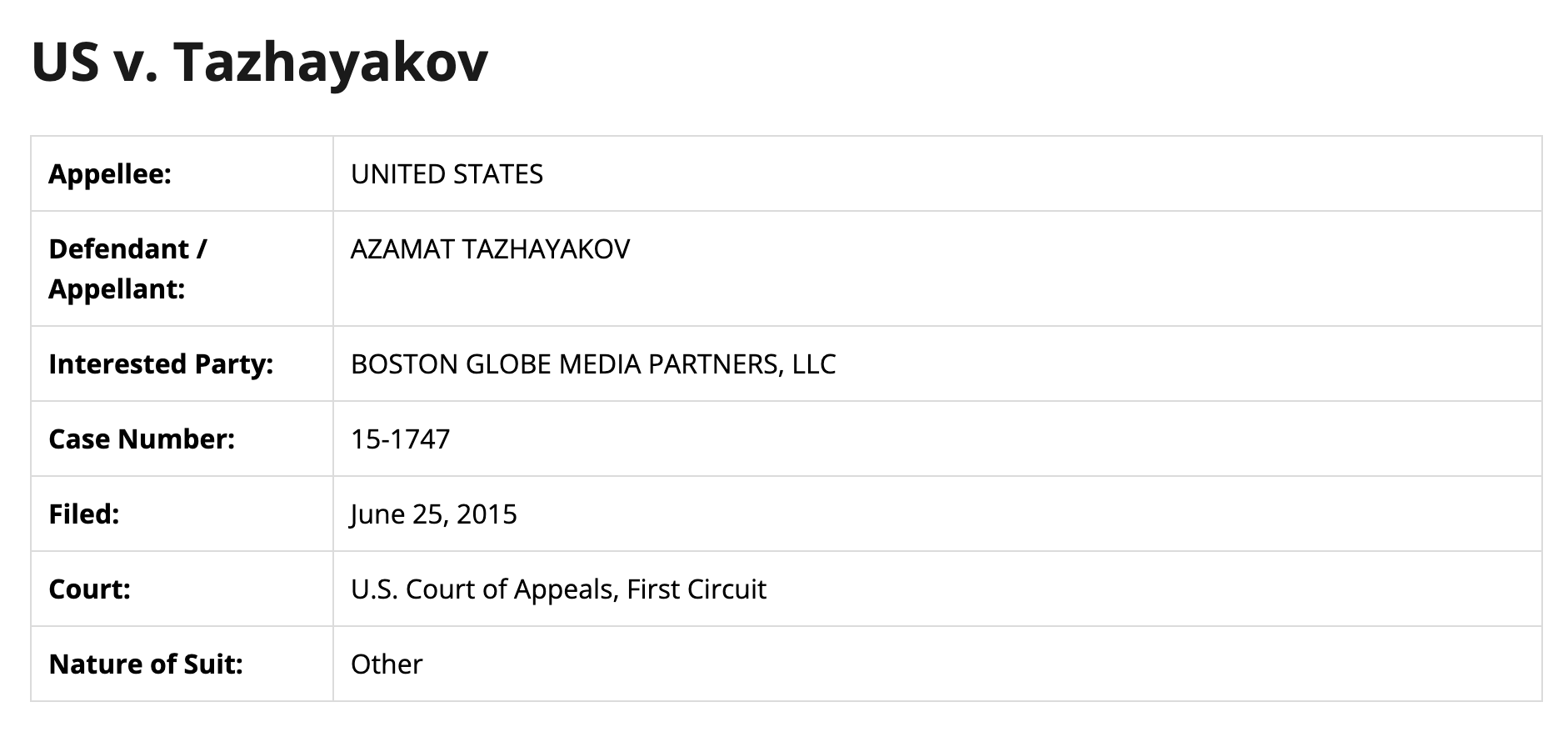Specializes in criminal defense, including white-collar crimes, cybercrime, federal cases, violent offenses, drug-related charges, as well as family, civil, medical, and immigration law. Multilingual — fluent in Russian, English, Hebrew, and Chinese, which is an advantage when working with international clients.
Case: Legal Help in the Matter of Alexander Vinnik
Category: Sanctions Law, Cross-Border Transfers, Regulatory Compliance
Case Overview
In 2017, Russian citizen Alexander Vinnik was arrested in Greece at the request of the United States. He was accused of laundering over $4 billion through the cryptocurrency exchange BTC-e, allegedly violating U.S. sanctions and engaging in unauthorized international money transfers. The legal battle spanned multiple jurisdictions, including the U.S., France, and Russia.
In February 2025, after prolonged diplomatic negotiations, the case was officially closed, and Vinnik was exchanged for a U.S. national held in Russia. His defense was led by renowned New York attorney Arkady Bukh, whose expertise has been covered in both Wikipedia and CyberScoop, especially in complex cases involving cross-border compliance and sanctions violations.
Core Legal Challenges
- The use of BTC-e for unauthorized cross-border transfers in and out of sanctioned jurisdictions.
- Alleged non-compliance with OFAC regulations and other international financial controls.
- Suspicion of building a bypass network around sanctions regimes, with transactions touching conflict zones and embargoed countries.
- Involvement of non-licensed money transmitter services in the transaction flow.
- Handling of certain emergency fund transfers without formal regulatory approval.
- Lack of verification of humanitarian transfer exemptions or the nature of the funds' destination.
- Questionable use of permissible financial corridors across multiple jurisdictions.
Legal Strategy and Defense
Bukh's legal team focused on demonstrating that BTC-e's operations did not fall under U.S. jurisdiction, as the platform was not registered in the U.S. and had limited presence there. The defense also:
Challenged the reach of OFAC-compliant remittance guidance to non-U.S.-based platforms
Argued the lack of direct evidence showing intent to violate sanctioned country payment regulations
Presented expert opinions on diaspora banking compliance, particularly in regions affected by conflict
Asserted that some transactions may qualify for humanitarian transfer exemptions or involved diaspora support initiatives
Notably, the legal team examined whether authorized payment channels to conflict regions were used or whether the platform had inadvertently processed emergency or charity-related transfers.
Legal Keywords Addressed in the Case
- Legal help with sanctions-compliant money transfers — defense focused on proving that BTC-e did not willfully violate sanctions laws.
- Compliant cross-border transfer solutions — documentation was presented to show BTC-e's attempts to operate within legal parameters in non-U.S. regions.
- OFAC-compliant remittance guidance — challenged on grounds of unclear applicability to BTC-e at the time.
- Licensed money transmitter services — argument made that BTC-e operated in countries where no such licensing was required or had local partners.
- Sanctioned country payment regulations — analyzed in detail to show no direct links to prohibited entities or governments.
- Authorized payment channels to conflict regions — scrutiny placed on the transaction routing and how they matched recognized humanitarian corridors.
- Emergency fund transfer approvals — emphasized the lack of evidence suggesting unlawful intent in such transfers.
- Humanitarian transfer exemptions — part of defense to justify several fund movements.
- Permissible financial corridors — invoked to explain structuring of historic transfers through third-party banks and platforms.
- Diaspora banking compliance — touched upon in defense when discussing usage by Ukrainians and other Eastern European users.
Key Q&A
Question
Why was the Alexander Vinnik case important for sanctions and compliance law?
Answer
It became a high-profile precedent on how global cryptocurrency exchanges could be prosecuted for non-compliance with international financial sanctions, even without U.S.-based operations.
Question
Текст
Answer
Due to a mutual legal exchange between the U.S. and Russia, combined with a shift in global regulatory stance on crypto. The case had not resulted in a final sentence despite years of litigation.
Question
What was Arkady Bukh's role?
Answer
As lead counsel, Bukh coordinated cross-border legal defense, liaised with diplomatic and legal authorities, and used public media (e.g., Wikipedia, CyberScoop) to keep the case visible and highlight legal irregularities.
The closure of the Vinnik case without conviction — following years of legal pressure and multiple extradition attempts — highlights the importance of:
Legal guidance on sanctions-compliant money transfers;
Navigating permissible financial corridors;
Working with licensed money transmitter services;
Respecting OFAC remittance regulations, especially when operating internationally;
Carefully handling emergency and humanitarian transfers to avoid regulatory conflicts.































